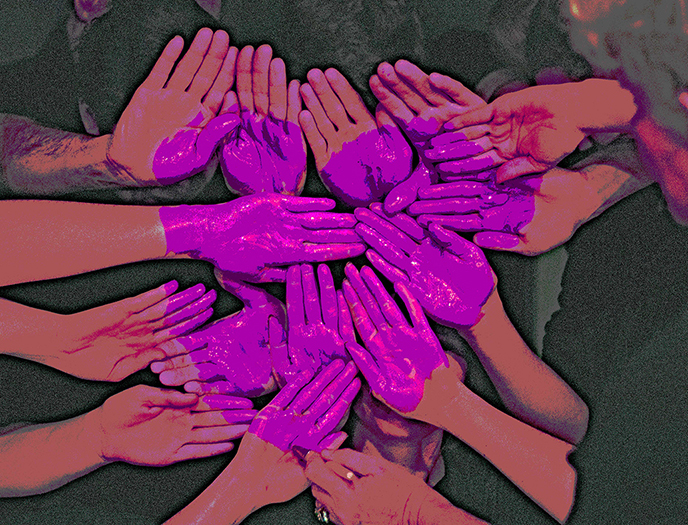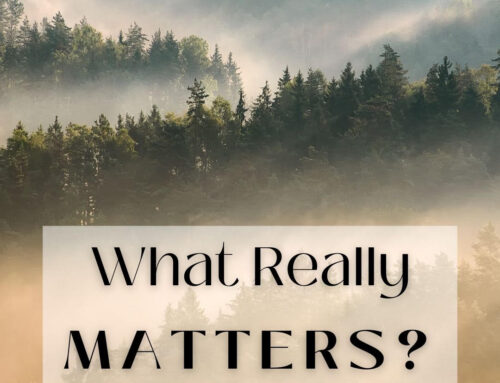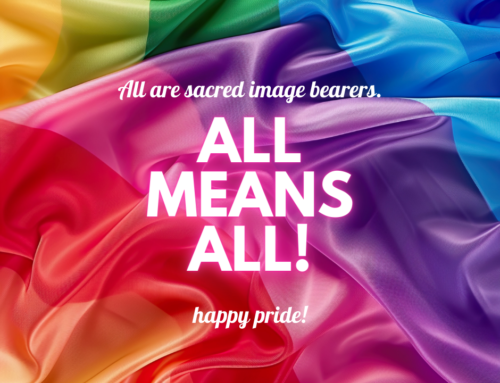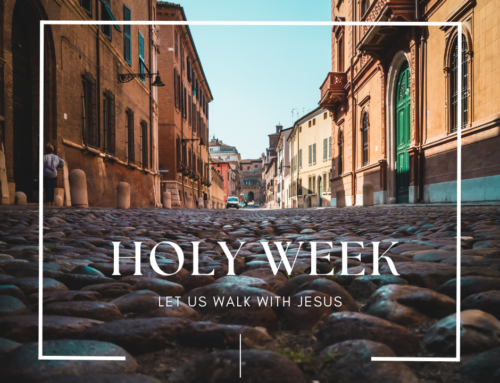As February begins, we enter Black History Month. We are also in the week of the Lunar New Year, celebrated in many different expressions by diverse East Asian cultures. This month is also the month of “love.” Growing up with an older sister whose birthday is Valentine’s Day, for my family, it was always more of a celebration of family, family you chose, and care for those around us than it was about flowers and chocolates for your romantic partner.
This is the month where we turn our attention to loving others well. It is the final commandment that Jesus leaves his disciples to “love one another” (John 13:35). Loving someone well means that we practice empathy and hear their experiences. This month gives all of us the opportunity to learn about the lives of Black Americans—their shared pain and experiences of oppression, yes, but also their stories of excellence and victory. To learn about the cultures that celebrate a Lunar Calendar and the traditions that infuse such rich traditions. To learn about the ongoing and systemic injustices that disproportionally harm these communities in our country and around the world. To sit at the feet of person’s whose lives have been affected by racism and bigotry and listen.
As followers of Jesus of Nazareth, Christians are called to participate in restorative justice as an act of Divine Love. In our culture, we tend to use “justice” as a catch-all term for “punishment”. In Scripture, however, justice is the means by which God brings about shalom, or the thriving of all creation by participation in God’s life. Justice is not simply punishment upon wrongdoers, it is the process of making things right. It is love righting the things that we were made wrong, no matter the cost.
Justice is, to paraphrase the prophet Joel, the restoration of the years that the locusts have eaten (Joel 2:25).
The work of following Jesus is infusing God’s restoring justice into this world where we have, so often, normalized injustice. Participating in Jesus’ work is listening to voices that have been historically pushed to the margins while also making space for these voices to be move to the center.
What are some tangible steps you can take this month to participate in restoring what the locusts of injustice have devoured? To quote a favorite song of mine by The Highwaymen, “If we want a garden, we’re gonna have to sow the seeds” (if you’re curious, the song is “Crowded Table”). None of us can solve the problem of systemic racism or injustice on our own, but we all must sow the seeds of the garden.
Perhaps you can visit our local MLK Jr. Family Outreach Center and bring food for their pantry. Maybe you can only purchase and read books by People of Color this month. You can check out the First Nations Version of the Bible. Maybe you can watch documentaries like “High on the Hog” or “13th” on Netflix or watch/read “Just Mercy.” Perhaps instead of buying your beloveds flowers, you could donate that money to organizations like Equal Justice Initiative. Perhaps you can write cards to the staff and students at HBCUs who are facing bomb threats this week.
The seeds we sow can be as varied and different as we all are. But let us sow with great love and great hope.
–Pastor Megan
Image source: Tim Marshall, Unsplash





